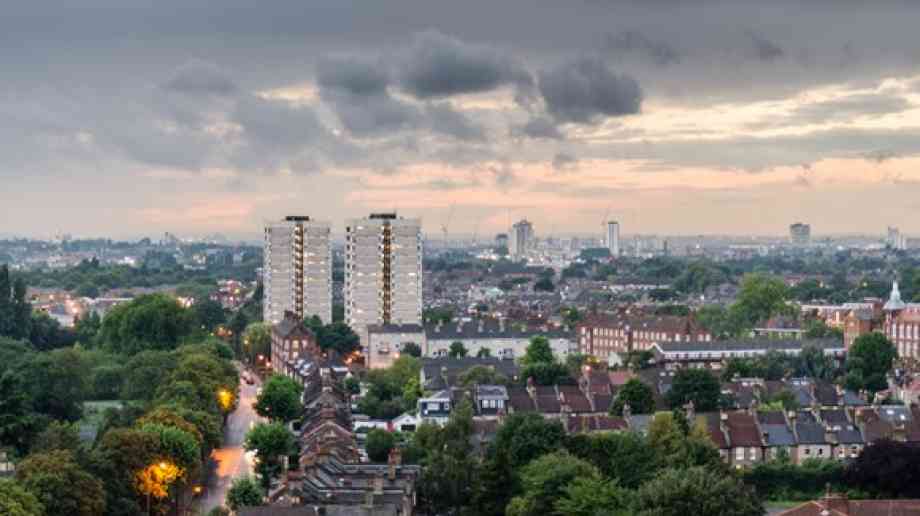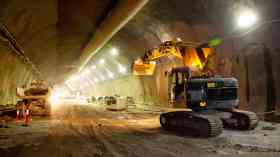Sue Robb of 4Children talks to Julie Laughton and Alison Britton from the Department for Education about the role of childminders in delivering the 30 hours free entitlement.
Give councils greater powers to tackle air pollution

Local authorities need greater powers to combat non-traffic sources of air pollution, according to a debate heard in the House of Lords this week.
London Councils, which represents the capital’s 32 London boroughs and the City of London Corporation, is supporting amendments to the Environment Bill which would enable councils to limit toxic emissions from boilers, construction machinery and diesel generators. The City of London Corporation, the governing body of the Square Mile, also supports the amendments.
During the latest debate on the Environment Bill in the House of Lords, Lord Tope, Co-President of London Councils, argued for amendments to give councils across the country new powers to control air pollution where World Health Organisation (WHO) limits are exceeded.
Although local authorities have a statutory duty to reduce emissions, they do not currently have the powers to intervene and stop polluting activities in order to meet their emissions targets. Councils are keen to work with government on this crucial issue.
Mayor Philip Glanville, chair of London Councils’ Transport and Environment Committee, said: “Tackling London’s toxic air pollution remains a significant priority for London’s boroughs and Londoners. Air pollution in London is a public health crisis that significantly affects people’s physical and mental health, exacerbating current health conditions, stopping some people from doing routine activities and even contributing to more than 9,000 deaths in the capital a year.
“This comes at a huge personal cost that disproportionately affects low-income and Londoners from our diverse ethnic minority communities, but also contributes to around £3.7 billion of costs per year for the NHS in London alone.
“We are working closely with the City of London Corporation and Lord Tope to lobby government for amendments to the Environment Bill. This includes asking for local authorities to receive additional powers to help enforce the Clean Air Act. The current legislation is complicated and difficult to enforce and not tough enough to tackle London’s air quality challenge.”
In order to drive improvements in London’s air quality, London Councils is recommending: that the government should adopt the World Health Organisation target for PM2.5 as a legal limit to be met no later than 2030 and introduced as soon as is possible; it should also introduce additional regulatory powers for local authorities to control emissions from appliances; and that the government create a national £1.5 billion Clean Air Fund to enable cities to implement Clean Air Zones and tackle emissions, including through vehicle scrappage and retrofit schemes.
Company Focus
Located in Bromley, Japanese Knotweed Eradication Ltd has been providing solutions in the treatment and removal of Japanese Knotweed (Fallopia Japonica) for over a decade. During this time we have mastered a repertoire of methods, from herbicidal treatments to landscaping solutions, tailored to address the unique challenges our clients face with this pervasive weed.
Event Diary
UKREiiF has quickly become a must-attend in the industry calendar for Government departments and local authorities.
The multi-award-winning UK Construction Week (UKCW), is the UK’s biggest trade event for the built environment that connects the whole supply chain to be the catalyst for growth and positive change in the industry.
Supplier Profiles
Geo Energy
At GeoEnergy Design, we're on a mission to disrupt the traditional way heating and cooling ha
Latest Features
Professor Harith Alani, director of the Knowledge Management Institute at the Open University explains how AI can be used for good and bad.
Alex Lawrence, head of health & social care, techUK sets out techUK’s Five Point Plan for CareTech.

















